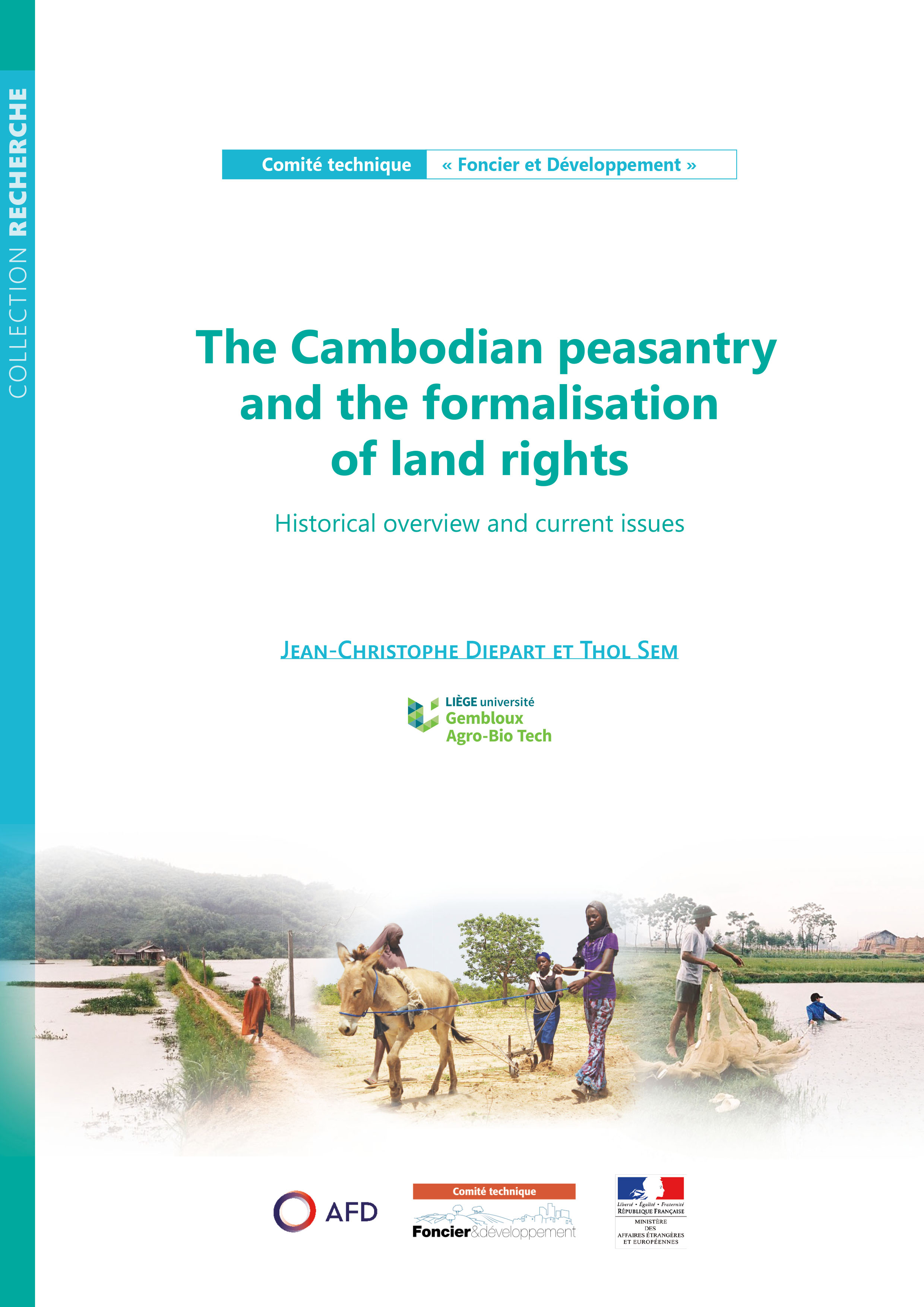Toolkit on gender in agriculture
Why is it important to incorporate gender into the agriculture-related work of the World Bank and borrower countries, and how can this be achieved' Women are integral to farming systems, yet their productivity remains low compared to their potential. Gender-neutral programming which does not take into account the differences in the needs and constraints of men and women farmers can bypass and even be detrimental to women.


